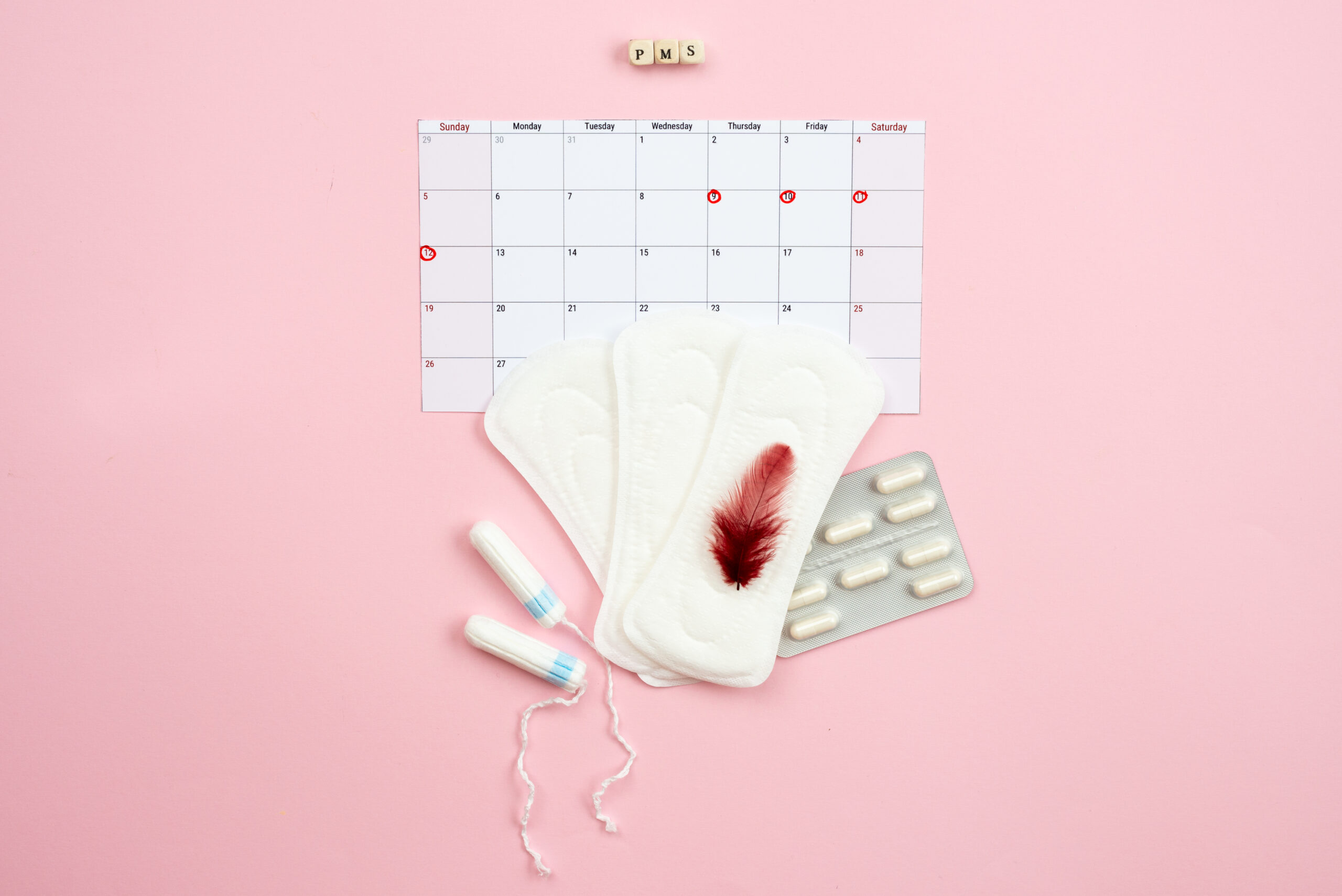It’s natural for couples hoping for a baby to eagerly anticipate the results of their trying months. Many can’t patiently wait for their menstruation date and want to know earlier whether they’ve succeeded this time. Some pregnancy test manufacturers promise extremely early results, and it’s tempting to stock up on these tests. But is it really worth testing so early? And most importantly: when should you take a pregnancy test?
Most Pregnancies Are Detected Around the Expected Menstruation Date
It’s generally accepted that the first, most reliable sign of pregnancy is the absence of your expected period. However, menstruation isn’t always predictable. Even the most regular cycles can experience a day or two of delay, and if your cycle has never been entirely regular, it’s hard to know exactly when to expect it. Is it 28 days? 30 days? Maybe 33 days?
How to Calculate with Irregular Menstruation
Base it on your most common cycle length that you’ve experienced.
If you want to be sure, wait out the length of your longest cycle ever.
If your period doesn’t arrive by then, there’s a good chance you’re pregnant.
But who wants to wait that long when excellent pregnancy tests are available that can answer your questions?
Reliability of Pregnancy Tests When Used Early
In reality, it’s not always certain that a pregnancy test tells the truth, especially if you use it too early. If you’re unsure when you ovulated, it’s possible you’re testing too soon and get a negative result even though conception has occurred. A positive result can be taken relatively confidently, but a negative result is only certain if your menstruation also arrives.
Why Time Matters for Testing
Conception occurs when the egg and sperm meet after ovulation. However, at this point, the hCG hormone hasn’t started to produce yet, which is what pregnancy tests detect. hCG production begins only after implantation, which can take 7–12 days.
When Can a Test Show a Positive Result?
For at least a week after conception, there’s no detectable hCG in your body.
11–12 days after conception, there’s the first chance a test might show something.
Testing is most reliable around the time of your expected period.
When Can You Be Sure?
Usually, 14 days after the presumed conception, you can determine with relative certainty using a pregnancy test whether you’re pregnant. In a normal cycle, this coincides with the start of your expected menstruation.
Of course, we know that waiting impatiently is tough, and many want answers sooner. Pregnancy test manufacturers are aware of this, which is why they offer hyper-sensitive tests capable of detecting even the smallest amount of hCG. However, there’s no guarantee that these tests will provide accurate results even 4 days before your period. If they show a positive result, you’re probably pregnant, but a negative result at such an early stage doesn’t mean much.
Is It Worth Testing Early?
Naturally, it’s not forbidden to test early, and everyone can decide based on their own judgment. However, it’s important to know that early tests have the disadvantage of detecting pregnancies that have just barely started.
Why Could This Be a Problem?
Joy and Disappointment: Finding out too early and then losing the pregnancy can lead to greater disappointment.
Natural Processes: It’s common for conception and initial implantation to occur, but the pregnancy isn’t viable and leaves the body with or shortly after the expected menstruation.
Avoiding Stress: By not testing too early, you can avoid unnecessary worry and stress.
Summary
It’s best to patiently wait until your expected menstruation date to take a pregnancy test. This will provide a more accurate result and can save you from potential disappointments. If you decide to test earlier, keep in mind that a negative result isn’t definitive, and it’s worth retesting after a few days.
Expecting a baby is an exciting time, and it’s completely understandable that you want to know as soon as possible if you’ve been successful. However, for the most accurate result with a pregnancy test, it’s wise to wait until the time of your expected menstruation. Be patient, and remember that you’ll soon have a definitive answer!






